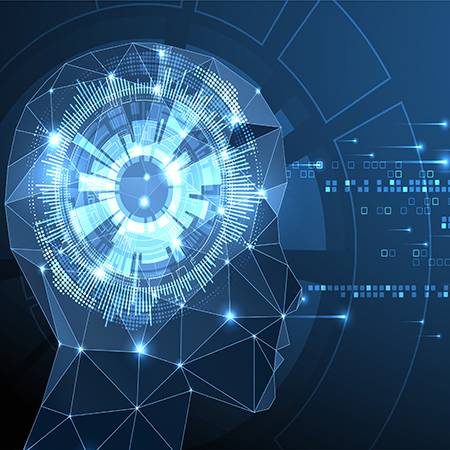The Health Foundation is calling on policy makers and NHS leaders to invest in infrastructure and skills to enable NHS staff to use automation technologies and AI safely and effectively in the future, and to engage with the public and the NHS workforce to build confidence in technology-enabled care.
This follows the publication of its new report ‘Switched on’ which explores the opportunities for automation (for example, using software to automatically analyse patient feedback) and AI (such as using computers to assess X-ray images in order to spot illness or injury) in healthcare and the challenges of deploying them in practice.
‘Switched on’ draws on Health Foundation research along with online YouGov surveys of over 4,000 UK adults and over 1,000 NHS staff. The report offers in depth analysis into the challenges and potential presented by automation and AI in healthcare and highlights wider implications for the future - which will be important as policy makers increase support for the uptake of these technologies in the NHS, such as through NHS AI Lab’s recent AI in Health and Care Award.
When asked which they felt would be the biggest challenges for using automation and AI effectively in delivering health care, 45% of NHS staff surveyed said they felt that patients might not accept these technologies or be suspicious of them and 39% felt that staff shortages or inadequate equipment might make it difficult to use these technologies properly.
In the Health Foundation’s NHS staff survey, respondents viewed analysis of images and test results as by far the biggest opportunity presented by automation and AI in healthcare (40%) followed by risk prediction and screening (28%), use of robots in surgery (28%) and demand and capacity management, scheduling and rostering (28%.) Robotic carers and assistants received the lowest response (2%.)
However, the majority of the public and NHS staff surveyed felt the benefits and risks of automation and AI are finely balanced. The main perceived benefit of automation and AI in healthcare for both groups is making processes more efficient and freeing up time for patient care, followed by providing quicker results and service and enabling more accurate tests and treatment.
The main perceived risk is that the delivery of healthcare becomes more impersonal with less human contact, followed by healthcare professionals not questioning the decisions made by computers, which could create a risk to patient safety. Nearly a third felt it would be hard to know who’s accountable when anything goes wrong.
The Health Foundation is making a clear call to those responsible for implementing change to ensure technologies are co-designed with patients and staff, and to policy makers to support more real-world testing and evaluation, and strengthen regulation around automation and AI.
The importance of familiarity
Familiarity with the subject of automation and AI also had a significant positive impact on people’s views, suggesting that raising awareness of these technologies will be important in shaping attitudes towards technology-enabled care. In both groups, respondents who said they had heard, seen or read ‘a lot’ or ‘a fair amount’ about automation and AI in healthcare felt much more positive than negative about the use of these technologies, while those who answered ‘not very much’ or ‘nothing at all’ felt more negative than positive. The Health Foundation is calling on Government and NHS leaders to engage with the public and NHS workforce to raise awareness and build confidence about technology-enabled care.
Will Warburton, Director of Improvement at the Health Foundation and co-author of the report, says: “The NHS is facing unprecedented challenges, with the pandemic having placed an already strained system under severe financial and workforce pressures. We need to radically change the way that healthcare is delivered and the NHS must boost its ability to identify promising technologies to help achieve this. However, it is critical that automation technologies are co-designed with patients and staff and used in ways that support empathy, dignity and compassion and do not undermine them. Embedding new technology successfully in healthcare settings can also require significant training, testing and staff time so it is crucial that Government funds ‘the change’ not just ‘the tech’.
“There is also a very real risk that automation and AI could widen health inequalities. We know that digital inclusion poses particular challenges given inequalities in access to technology and digital literacy. The upcoming AI strategy must ensure that new technologies introduced to our healthcare system are designed with the most vulnerable in mind and ideally can help ‘level up’ on health. Automation and AI have great potential in healthcare but they must be accessible for all.”












